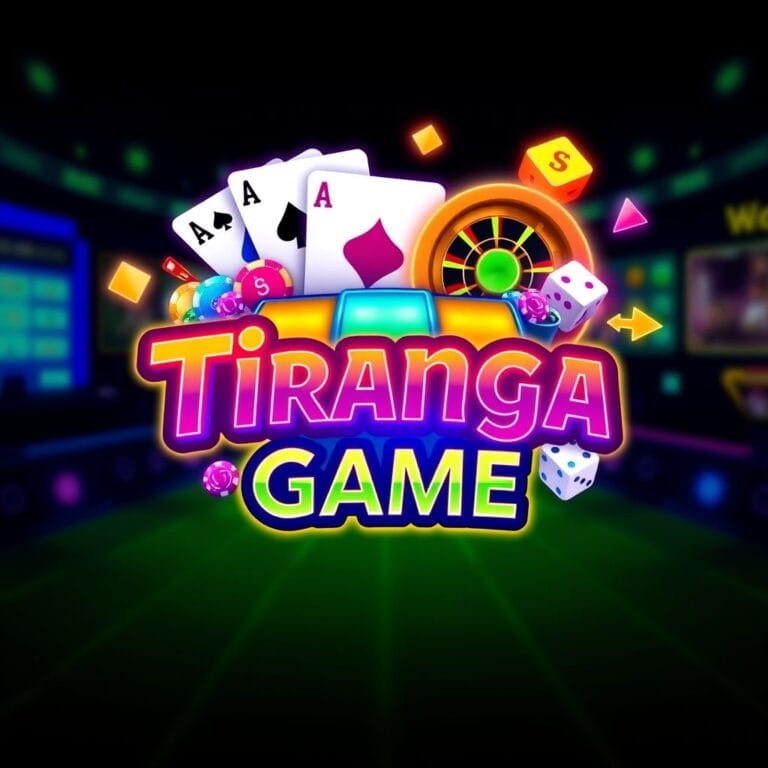The digital economy is rapidly evolving, and businesses are seeking innovative ways to engage customers, generate revenue, and create lasting value. Emerging technologies like blockchain and tokenization have introduced new paradigms in digital ownership, offering opportunities far beyond traditional loyalty programs or marketing campaigns. Among these innovations, non-fungible tokens have emerged as a tool that enables enterprises to redefine engagement and monetization.
White label NFT marketplaces have become a strategic solution for businesses looking to build branded, scalable platforms that integrate digital assets, community interaction, and revenue streams into cohesive ecosystems. Unlike public NFT marketplaces, a white label NFT marketplace allows companies to maintain full control over user experience, branding, and smart contract functionalities. Enterprises can leverage these marketplaces to deliver immersive experiences, build long-term customer loyalty, and create sustainable business growth.
In this article, we explore how white label NFT marketplace development empowers businesses to innovate ownership models, enhance engagement, and unlock new revenue streams, all while establishing next-generation digital ecosystems.
The Shift in Digital Ownership
For decades, digital engagement was primarily transactional. Customers could access content, services, or products, but ownership was limited to temporary licenses or subscriptions. Value accrued mainly to businesses, leaving little long-term investment for customers.
NFTs disrupt this model by providing verifiable, blockchain-based ownership. Customers can now hold digital assets such as collectibles, virtual experiences, or membership tokens, and have the ability to trade or monetize them. This shift has transformed customer behavior, as users feel a stronger sense of investment and loyalty when they truly own a brand-related asset.
A well-executed white label NFT marketplace development allows businesses to integrate these ownership models into their ecosystems seamlessly. By giving customers ownership over digital assets, enterprises foster deeper engagement, higher retention, and a participatory community around the brand.
Understanding White Label NFT Marketplaces
A white label NFT marketplace is a customizable platform that allows businesses to mint, manage, and sell NFTs under their own brand identity. It provides complete control over the user experience, smart contracts, revenue models, and community engagement.
Key components of a white label NFT marketplace solution include:
- Branding and interface customization that reflect the company’s identity
- Integration of smart contracts for automating NFT creation, royalties, and rewards
- Revenue management for both primary sales and secondary market royalties
- Community engagement tools such as forums, voting, and exclusive event access
- Multi-chain support for interoperability and scalability
Many businesses partner with a white label NFT marketplace development company or utilize white label NFT marketplace development services to implement these platforms efficiently. These companies specialize in building solutions tailored to business needs, handling everything from backend infrastructure to front-end user experiences.
White label NFT marketplace software ensures that enterprises can launch and manage NFT ecosystems without extensive blockchain development expertise, accelerating adoption and enhancing operational efficiency.
Redefining Customer Engagement
One of the most transformative aspects of a white label NFT marketplace is how it enhances engagement. Traditional marketing methods often rely on passive interaction, but NFT-based platforms create opportunities for customers to participate actively in brand ecosystems.
Ways engagement is enhanced include:
- Gamification and Milestones
Customers can earn NFT collectibles or badges for completing challenges, participating in campaigns, or hitting milestones. This encourages repeated interaction and strengthens brand loyalty. - Exclusive Access
NFTs can serve as keys to unlock VIP content, early product releases, or invitations to special events, incentivizing users to stay engaged and become brand advocates. - Co-Creation Opportunities
Enterprises can allow NFT holders to vote on product designs, content creation, or community initiatives, providing a sense of shared ownership and participation. - Secondary Market Interaction
With white label NFT marketplace software, customers can trade or resell NFTs, sustaining engagement while creating a peer-to-peer community around the brand.
By combining these features, businesses turn transactional interactions into immersive experiences, where engagement drives emotional connection, advocacy, and long-term retention.
Transforming Revenue Models
White label NFT marketplaces do more than increase engagement—they fundamentally reshape revenue generation. Businesses can leverage multiple streams of income through NFT ecosystems:
- Primary NFT Sales
Direct sales of branded NFTs generate immediate revenue while promoting exclusivity. - Secondary Market Royalties
Smart contracts allow enterprises to earn a percentage of every resale, creating recurring revenue. - Subscription and Membership Models
NFTs can act as membership tokens, granting ongoing access to services, content, or events, providing predictable revenue streams. - Dynamic and Tiered Rewards
NFTs can evolve over time, unlocking additional benefits or privileges, encouraging continued engagement and long-term retention. - Collaborations and Partnerships
Enterprises can co-create NFT drops with partners or influencers, opening up cross-promotional opportunities and revenue-sharing models.
A white label NFT marketplace solution allows businesses to design these monetization strategies while maintaining full control over operations, branding, and customer data.
Applications Across Industries
White label NFT marketplace development services have been successfully applied across a wide variety of sectors, demonstrating the versatility of these platforms:
Retail and Fashion
- NFT-based product authentication for luxury goods
- Limited-edition NFT drops tied to physical merchandise
- Early access and VIP rewards for collectors
Entertainment and Media
- Tokenizing music, film, or digital content
- Providing VIP event access and fan experiences
- Offering co-creation opportunities through NFT ownership
Sports and Esports
- Issuing NFTs for highlights, achievements, or memorabilia
- Enabling fan tokens with voting rights and exclusive experiences
- Integrating NFTs into play-to-earn ecosystems for gamified engagement
Gaming
- Tokenizing in-game items, skins, and characters
- Allowing cross-platform trading and monetization
- Enhancing engagement through gamified NFT rewards
These applications illustrate how a white label NFT marketplace solution can combine engagement, ownership, and revenue generation to create immersive and sustainable business ecosystems.
Challenges and Strategic Considerations
While white label NFT marketplace development provides significant opportunities, businesses must navigate several challenges:
- Market Volatility: NFT values fluctuate; the focus should be on utility, experience, and community value rather than speculation.
- Regulatory Compliance: Enterprises must address intellectual property, securities, and digital commerce laws.
- Customer Education and Accessibility: Platforms must include user-friendly onboarding, fiat payment options, and clear guidance for non-crypto users.
- Environmental Considerations: Choosing energy-efficient blockchain networks reduces environmental impact.
- Maintaining Authentic Engagement: Over-commercialization may harm trust; NFTs should provide meaningful value and experiences.
Working with a white label NFT marketplace development company ensures that these challenges are addressed strategically, allowing businesses to implement robust and sustainable solutions.
The Future of Business Innovation
The next generation of digital ecosystems will rely heavily on white label NFT marketplaces to drive participatory, customer-driven models. Future trends include:
- Dynamic NFTs that evolve based on engagement, milestones, or achievements
- Cross-platform interoperability for multi-ecosystem experiences
- Metaverse integration for immersive brand interactions
- Community-led governance allowing token holders to influence decisions
- Data-driven personalization to optimize engagement and monetization
These developments indicate a shift from transactional business models to ecosystems where ownership, participation, and value creation are central to growth.
Conclusion
White label NFT marketplaces are redefining how modern enterprises approach ownership, engagement, and revenue. By integrating NFT-based ecosystems, businesses can:
- Offer verifiable digital ownership to customers
- Enhance engagement through gamification and exclusive access
- Develop scalable, recurring revenue streams
- Build vibrant communities and participatory ecosystems
- Position themselves as leaders in the Web3 economy
By leveraging white label NFT marketplace development services and software, businesses can future-proof their operations, create sustainable growth, and transform the customer journey into a long-term relationship built on value, ownership, and engagement.







